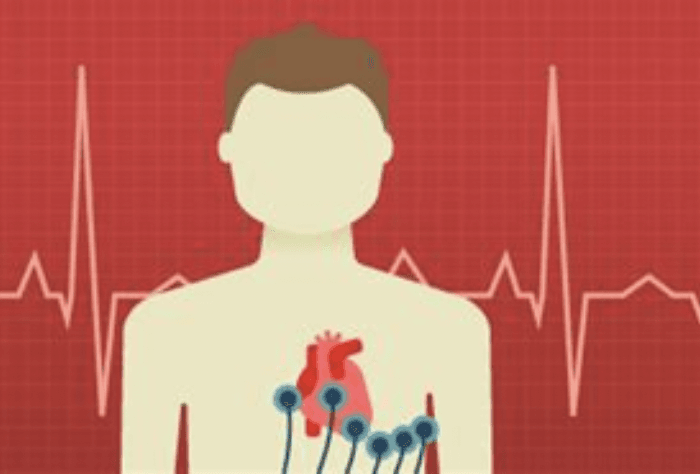
Studies have shown that sudden cardiac arrest is the leading medical cause of death in athletes.
According to the Centers for Disease Control and Prevention,approximately 2,000 young people die from sudden cardiac arrest each year – many without previously known heart issues. 1 in 300 has a condition at risk for sudden cardiac arrest.Sudden cardiac arrest (SCA) is a serious condition that can occur in individuals, including young athletes. SCA is caused by an electrical problem in the heart that leads to an irregular heartbeat, preventing the heart from pumping blood effectively. It can result in loss of consciousness, cessation of breathing, and if not treated promptly, it can be fatal.
Heart screening plays an important role in identifying potential risk factors and conditions that can lead to SCA. While the American Heart Association (AHA) recommends routine screening for young athletes, the specific guidelines and requirements may vary by country and sporting organization. The goal of screening is to detect underlying heart conditions that could increase the risk of SCA and provide appropriate interventions.
Some of the common screening methods for young athletes include:
Medical History Questionnaire: Athletes are asked about their personal and family medical history to identify any potential risk factors or symptoms related to heart conditions.
Physical Examination: A comprehensive physical examination may be conducted, including listening to the heart and lungs, checking blood pressure, and assessing overall fitness.
Electrocardiogram (ECG): An ECG measures the electrical activity of the heart and can help identify abnormalities such as arrhythmias, structural heart defects, or conditions like hypertrophic cardiomyopathy
Echocardiogram: This ultrasound-based test provides detailed images of the heart's structure and function, allowing doctors to assess abnormalities or structural defects.
It's important to note that while these screening methods can help identify some potential risk factors, they are not foolproof. Certain heart conditions may not be easily detectable through routine screening, and there is ongoing debate about the cost-effectiveness and practicality of widespread screening in young athletes.
Nevertheless, recognizing the importance of early detection and intervention, many sports organizations and medical professionals advocate for comprehensive heart screenings in young athletes to help identify those at risk and implement appropriate management plans. These plans may involve lifestyle modifications, medication, or even restrictions on participation in certain sports to minimize the risk of SCA.
If you or someone you know participates in competitive sports, it's recommended to consult with healthcare professionals, such as primary care physicians or cardiologists, to understand the specific screening recommendations and guidelines in your region. They can provide personalized advice based on the individual's medical history, family history, and sporting activities to ensure their cardiovascular health and safety.
